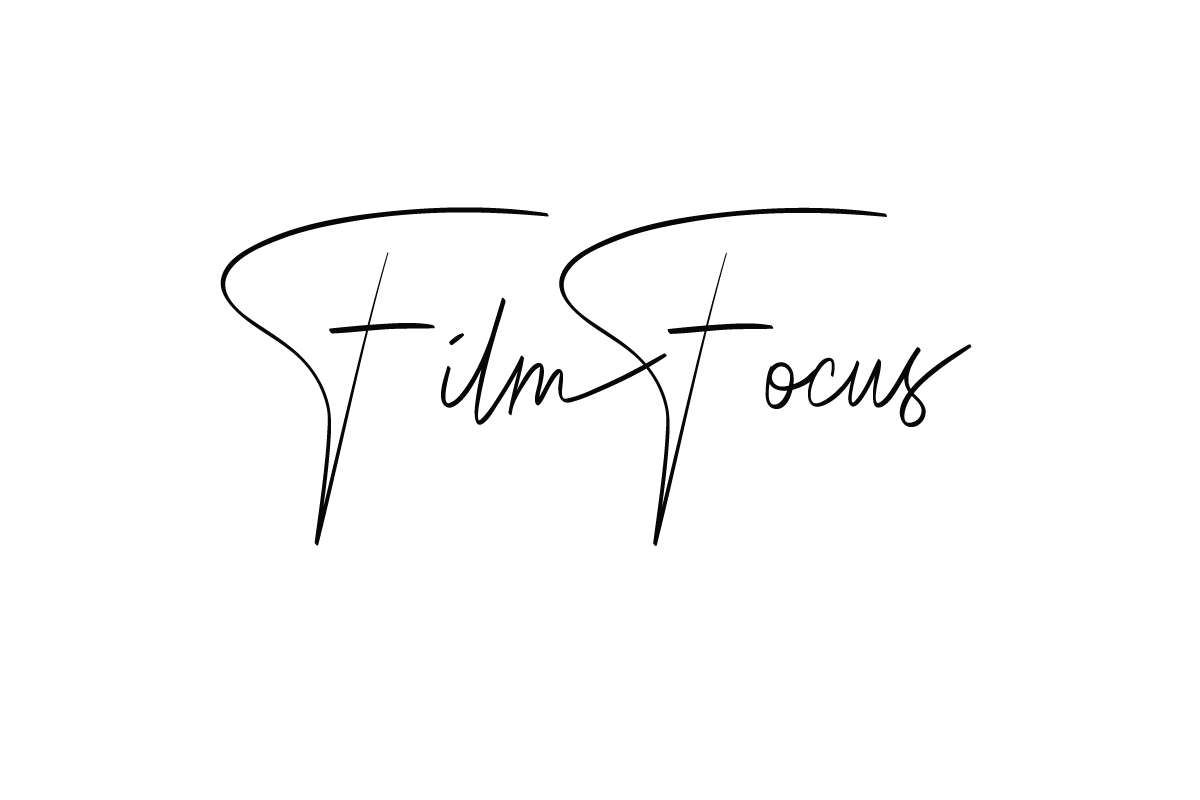Fantastic Beasts: The Secrets of Dumbledore
Whilst it is not completely absent of movie magic, Fantastic Beasts: The Secrets of Dumbledore fails to live up to its potential and squanders many good ideas in favour an overcrowded and poorly prioritised screenplay.
Set in the 1930s, Newt Scamander (Eddie Redmayne) returns to oppose the rising power of dark wizard Gellert Grindelwald (Mads Mikkelsen), aided by his brother Theseus (Callum Turner), his old No-Maj/Muggle friend Jacob Kowalski (Dan Fogler) and a team of some returning and some new allies. They are assisted by Albus Dumbledore (Jude Law) who must decide if and how he can join the fight, given his intimate past with Grindelwald. With Grindelwald looking to take international leadership of the wizarding world to make his dreamed of war against non-magical peoples a reality, the stakes are higher than they have ever been before and the consequences of failure all the more disastrous.
The cast for Secrets of Dumbledore is a strong one, generally on paper and in practice, but here it is the proverbial paper that is the problem. Whilst the majority of the actors give at minimum satisfactory performances, the script for the most part doesn’t allow almost any of the characters to shine, mostly due to trying to cram too much content in such that insufficient time is allocated to the main players to properly develop them. Indeed, the time code for the main characters is spread so thin, relatively speaking, that it’s debatable who the main character and protagonist even are at this point – where once it was Newt it might as well now be Dumbledore. This has an unfortunate knock on effect where many of the quirks a number of the characters had established from the previous two films, such as Newt’s social awkwardness or Jacob’s innocent bumbling, are dialled up to compensate for their reduced screen time with overall ill-effects.
The same problem can be seen in the overall plot progression. The number of events taking place on screen throughout 142 minute runtime is very high, but because of that the time that can be devoted to any one sequence is much reduced. In fact, Secrets of Dumbledore has as a tendency to devote time to some rather pointless scenes and characters, robbing its more meaningful elements of the chance they needed to be properly built and fleshed out.
The result is a narrative that feels very busy indeed, but is nonetheless so underdone that much of it really feels inconsequential. It is perhaps an issue borne of the fact that this film is the middle entry of what is to be a five film series, but for a movie where so much is going on, at the end it feels like not much really happened at all. Added to this broader issue is a penchant for plot contrivances and borderline plot holes (depending on how strictly you adhere to established Harry Potter canon and lore) which leave the audience with a cinematic experience that doesn’t come close to the promise it held, let alone the hype that surrounds it.
This is a shame, because many of the story ideas were well worth a proper treatment, such as the International Confederation of Wizards (something like a magical United Nations in the Harry Potter universe). This global magical organisation is in a way central to the plot, but is woefully under-depicted and explained despite its interesting premise. A similar shame is the relationship between Dumbledore and Grindelwald, which does get explored somewhat and could have been genuinely engaging but still feels as though there is so much left untouched and therefore underwhelms.
The one bit of genuine praise that can be given is the visual design and action choreography. The film is the most international one set in this universe, travelling from New York, to Hogwarts, to Germany and then to Bhutan. The set design takes good advantage of many of these settings and duels and chases that take place in the different environments are dynamic and fun to watch. Whilst not perfect or as fulsome as it could have bee


